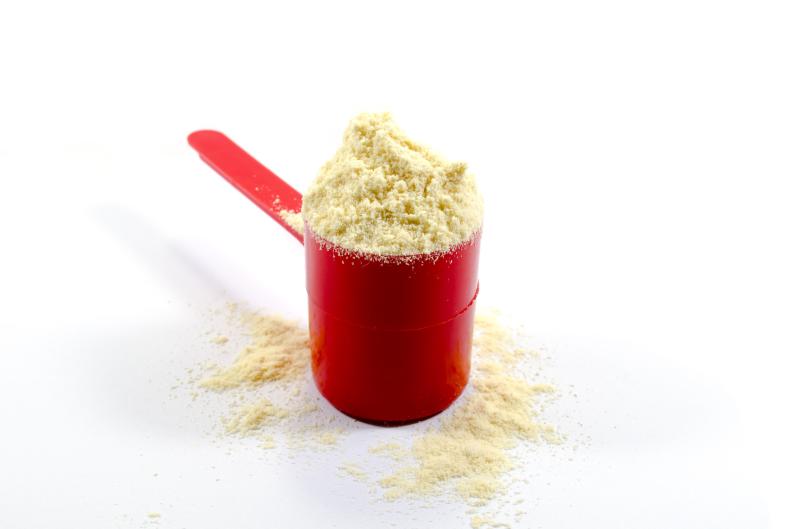
Protein supplements do not have any effect on semen quality characteristics of healthy men, a study has found.
Researchers used data from the Fetal Programming of Semen Quality (FEPOS) cohort consisting of a subsample of 778 men. They examined differences in semen characteristics relative to self-reported protein supplement use by applying negative binomial regression. Analysis was adjusted for lifestyle factors such as exercise, body mass index, use of anabolic steroids, and maternal and paternal factors.
In the cohort, 28 percent of men reported current use of protein supplements while 24 percent reported former user. Compared with nonuse, use of the supplements did not reduce semen quality in terms of semen volume, sperm concentration, total sperm count, morphology, or motility both in crude and adjusted analyses.
The researchers called for additional investigations to validate the findings and establish the relationship between the use of such supplements and semen quality, as even a small harmful effect would have a large impact on the population level.
The last decade saw an increase in the usage of dietary protein supplements for bodybuilding, especially among young men who work out in commercial gyms. Some supplements contain anabolic steroids, and such products are said to differ from the more commonly used whey and soy protein supplements. However, all of those products are listed as dietary supplements and are not rigorously tested, do not necessarily list all contents, and consequently might contain known and unknown active components. [Asian J Androl 2019;21:208–211]